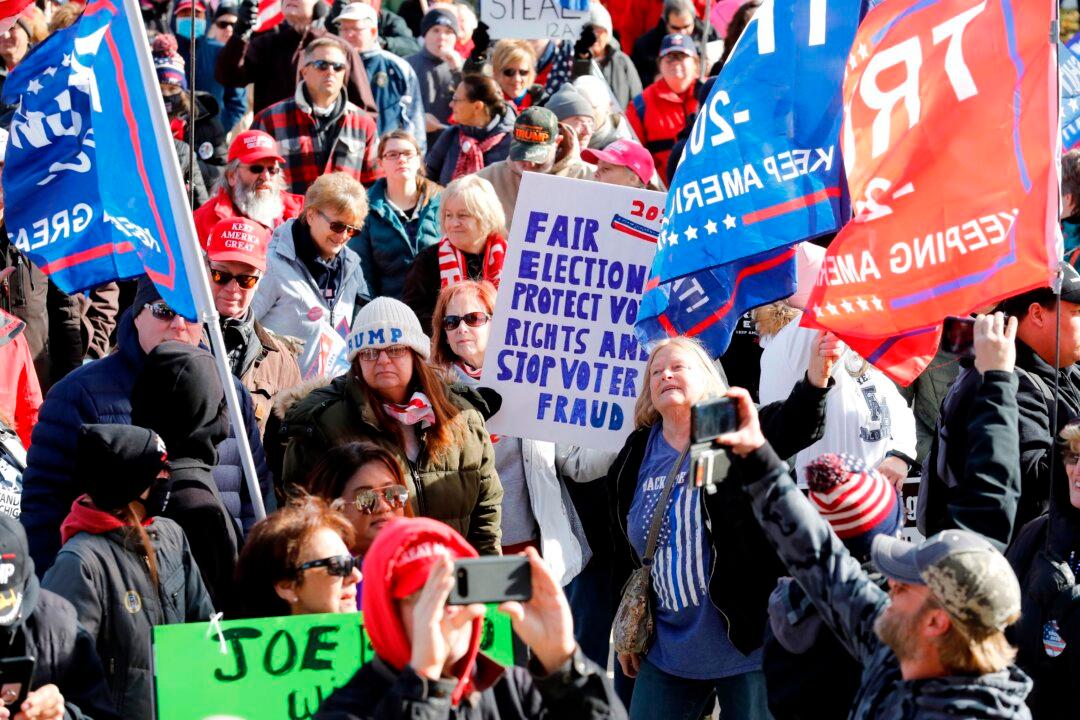Commentary
The 900-pound gorilla lurking in every voting place in the United States during the final month before the midterm elections is that the national political media are continuing to repeat, almost in unison, that any possible dispute over the legitimacy and authenticity of the 2020 presidential election result has been resolved.





